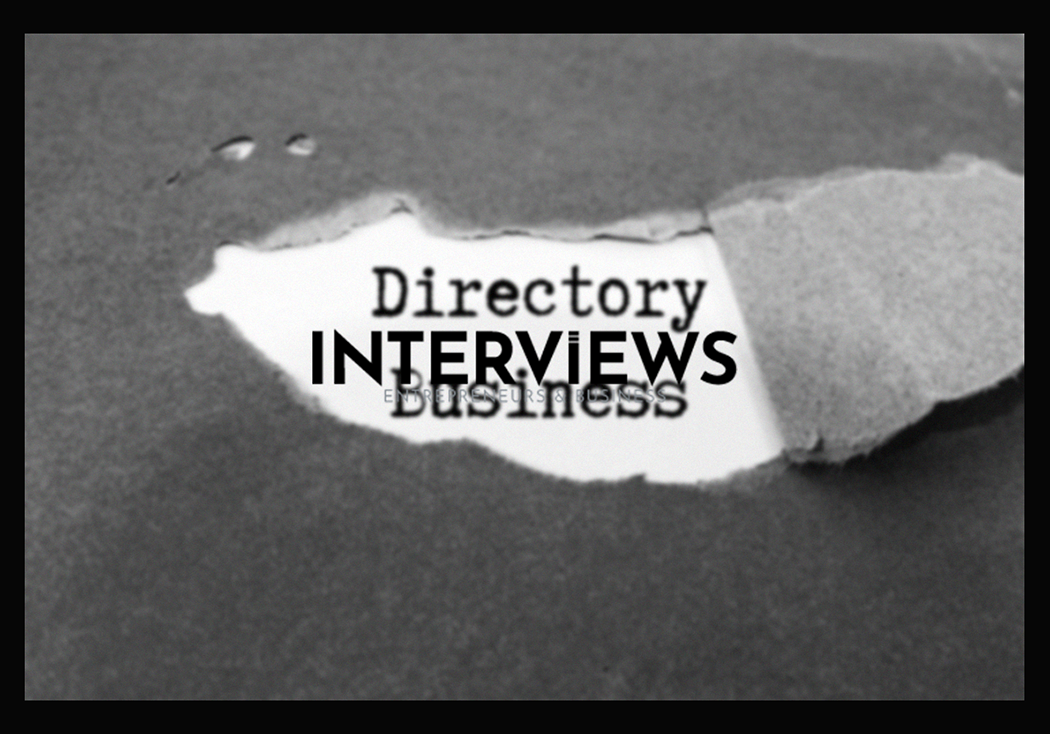Tired of shouting into the digital void? Want your business seen by customers? Let’s discuss something old-school yet relevant: business directories.
Business Directory? Is That Still a Thing?
Yes, Virginia, business directories exist. Think of them as Yellow Pages for the internet. A business directory website is a curated online list that organizes businesses into categories. These categories can be based on your niche (like “artisanal cheese shops”), location (“best pizza in Brooklyn”), activity (“24-hour plumbers”), or size (“mom-and-pop stores” to “corporate giants”). The aim? To help people find what they need and help businesses get found.
The A-List: Best Business Directories Online
So, where should you plant your digital flag? Here are top-tier business directories:
- Google Business Profile: This is the king of directories. If you’re on one directory, make it this one. It integrates with Google Search and Maps.
- Yelp: Love it or hate it, Yelp is a powerhouse for reviews, especially for restaurants and services.
- Facebook & Instagram: These social media giants double as business directories. Millions search for businesses here. Don’t overlook social!
- Better Business Bureau: Want to show trust? BBB is seen as a badge of legitimacy.
- Apple Business Connect: If your audience is in the Apple ecosystem, get on Apple Business Connect.
- Yellow Pages: They exist online! Believe it or not, some people still use them.
- MapQuest: Remember MapQuest? It still provides local business listings with its maps.
- Best of the Web (BOTW): In operation since 1994, BOTW is one of the oldest directories. It’s the wise old owl of online directories.
- Bing Places for Business: Don’t forget Bing! Microsoft’s search engine has its own directory, still worth checking out.
Show Me the Money: Cost and Monetization
Now, how much does this cost? And how can you make money from a directory?
For listing your business, many directories offer free and premium options. For example, the 118 business directory might allow free listings but upsell premium ones with enhanced features. It’s like economy vs. first class: both get you there, one is swankier.
Thinking of building your own directory? Good news: directory websites can generate revenue. Here’s how:
- Selling Listings: This classic model offers free basic listings to build a database. Then charge for premium listings with better visibility or richer content.
- Advertising: Think banner ads and targeted ads. Once you have traffic, advertisers will approach.
What’s the cost of setting up a directory website? Costs can vary. Prices around ₹ 11999 per website (approximately $150 USD) are common, but the real cost depends on complexity and features, especially if you hire someone or do it yourself.
Website vs. Web Directory: What’s the Diff?
Are websites and directories the same? Nope! Here’s the breakdown:
A regular website is about anything. A web directory is a specific type of website. It’s a curated list of websites, organized into categories. Think of it like a librarian for the internet, but for websites.
The key difference is curation. Web directories have human editors who review and categorize websites to ensure quality. This human touch sets them apart from just search results.
Why Bother? The Value of Business Directories
In a world ruled by search engines, are directories worth it? Absolutely! Having a presence in online business directories is like a virtual stamp of approval. It establishes legitimacy and trust with potential customers. It’s a virtual handshake saying, “We’re real and easy to find.” People trust visibility online, and directories aid that.
Google Business Profile: Your Free Pass to Google Fame
Let’s explore the directory everyone loves: Google Business Profile. What is it? It’s essentially Google’s global index of businesses. Think of it as Google’s Rolodex of companies that want visibility.
How does it work? Businesses create listings. This information appears on Google Search and Maps. When someone searches your business type in your area, your Profile pops up, showing address, phone number, website, reviews, and more. It’s your digital storefront on Google.
Best part? It’s free! Creating a Profile and listing costs nothing. No hidden fees or hosting costs if you use their basic website builder – nada. Google Sites tied to Google Business Profile is also free to build, host, and maintain. Seriously, it’s free real estate.
Company Directory: The Inside Scoop
Now, let’s discuss a different kind of directory: the company directory. It’s not for customers; it’s for internal organization.
A company directory is an internal tool, usually a webpage, providing essential employee information. Think names, titles, departments, contact details, and sometimes even photos. It’s like a company yearbook, but useful.
The purpose? To facilitate communication and collaboration. Need accounting? Want to know who’s in marketing? A company directory helps employees find colleagues easily.
Company directories have various formats: a basic list, a company intranet webpage, or a searchable database or app. The fancier the company, the fancier the directory tends to be.
Directory Links: Backlinks with Benefits
Let’s talk about directory links. These are hyperlinks in directories pointing back to your website. They’re digital breadcrumbs leading home.
The function? To categorize websites by industry, location, or niche. They organize the vast internet into chunks. Those links help people and search engines find you.
Setting Up Your Own Directory Website: A DIY Guide
Interested in creating your own directory website? Here’s a quick guide:
- Choose Your Directory Type: What kind will it be? Local businesses? Specific niches? Define your focus.
- Define Categories & Sub-levels: Organize your directory logically. Think about categories and subcategories users will browse.
- Create Membership Levels/Pricing Plans: If monetizing, decide on pricing. Free listings? Premium tiers? What features will each include?
- Create/Import Listings: Start populating your directory. Create listings manually or import existing data.
- Content Creation: Don’t just list businesses; create valuable content. Blog posts and resources attract users.
- Optimization & Publicity: Optimize for SEO to get found in search engines. Promote via social media and more.
- can think of to get the word out.
Domain and Hosting: The Essentials
If you’re building a website, you will need two things: a domain name and hosting.
Do you need a domain name? Technically, no. Realistically, yes, absolutely. A domain name like yourbusiness.com is your website’s address. It is how people find you. It helps build a professional online presence. Without it, you lack an identity.
Free hosting exists. Examples include Google Sites, which is good for simple sites. But for more complex directories, paid hosting is necessary. Costs for domain registration and hosting differ widely. Expenses can range from a few hundred dollars to tens of thousands, depending on complexity. For a basic small business site, expect costs of a few hundred upfront plus ongoing fees.
Search Engines vs. Web Directories: Still Different After All These Years
Is Google a web directory? No. It indexes sites and helps you find businesses, but Google is a search engine, not a traditional directory. Search engines like Google, Bing, DuckDuckGo, Ecosia, Yahoo!, Baidu, and Yandex crawl the entire web, indexing content automatically.
Web directories are curated and often involve human review. Yahoo! was a popular web directory, but it has transformed into a search engine and news portal.
LLC and Business Directories: Legal and Tax Bits
Thinking about setting up your directory as a business? Consider forming an LLC (Limited Liability Company). Why? LLCs offer protection, flexibility, and tax benefits. They shield personal assets from business liabilities and provide various tax options. They fit small businesses due to their simplicity.
However, LLC owners must pay taxes on earnings. The IRS sees LLCs as “pass-through entities.” This means profits and losses go to the owners’ personal income tax returns. This can be a benefit or a downside. You might need an EIN (Employer Identification Number) for your LLC if you have employees or file certain excise taxes.
Active Directory: Corporate Network Control
One more “directory” to understand: Active Directory (AD). This isn’t about business listings; it’s about corporate network access management. Microsoft Active Directory manages user accounts, permissions, and devices within internal networks.
Large companies use it. Over 90% of Fortune 1000 companies use Active Directory. It forms the backbone of IT infrastructure for many organizations.
Does Active Directory cost money? Core functions come with a Windows Server OS subscription. But implementation and maintenance entail costs for infrastructure and training. You may also need cloud-based services like Azure AD.
Types of Directories (OS): For the Techy Folks
For the curious, let’s discuss directory structures in operating systems (OS). These organize files and folders:
- Single-Level Directory: Simplest structure. All files in one directory. Messy for large systems.
- Two-Level Directory: Separate directories for each user. Better organization, yet still limited.
- Tree-Structured Directory: Hierarchical layout with directories and subdirectories. Common and flexible.
- Acyclic-Graph Directory: Advanced. Allows directories to share subdirectories. Complex but powerful.
Well-Known Directory: Metadata Central
A “well-known directory” is a standardized location for web servers to store specific metadata files. This allows other systems and services to find these files easily. It is a designated spot for important information that everyone needs.
Directory on a Website: Your Site’s Own Index
A “directory on a website” is simply an online list or catalog of websites. Often within a specific niche. It’s a mini web directory inside a larger website. Think of a blog that has a resource page listing useful sites.
Business Website URL: Your Digital Address
A business website URL is the web address. The Uniform Resource Locator points users to your site. It is your digital street address. Make it memorable!
Business directories are not as dusty as you thought. They are vital for visibility. Understanding different directories—from online listings to internal resources—gives you an advantage online and offline.





